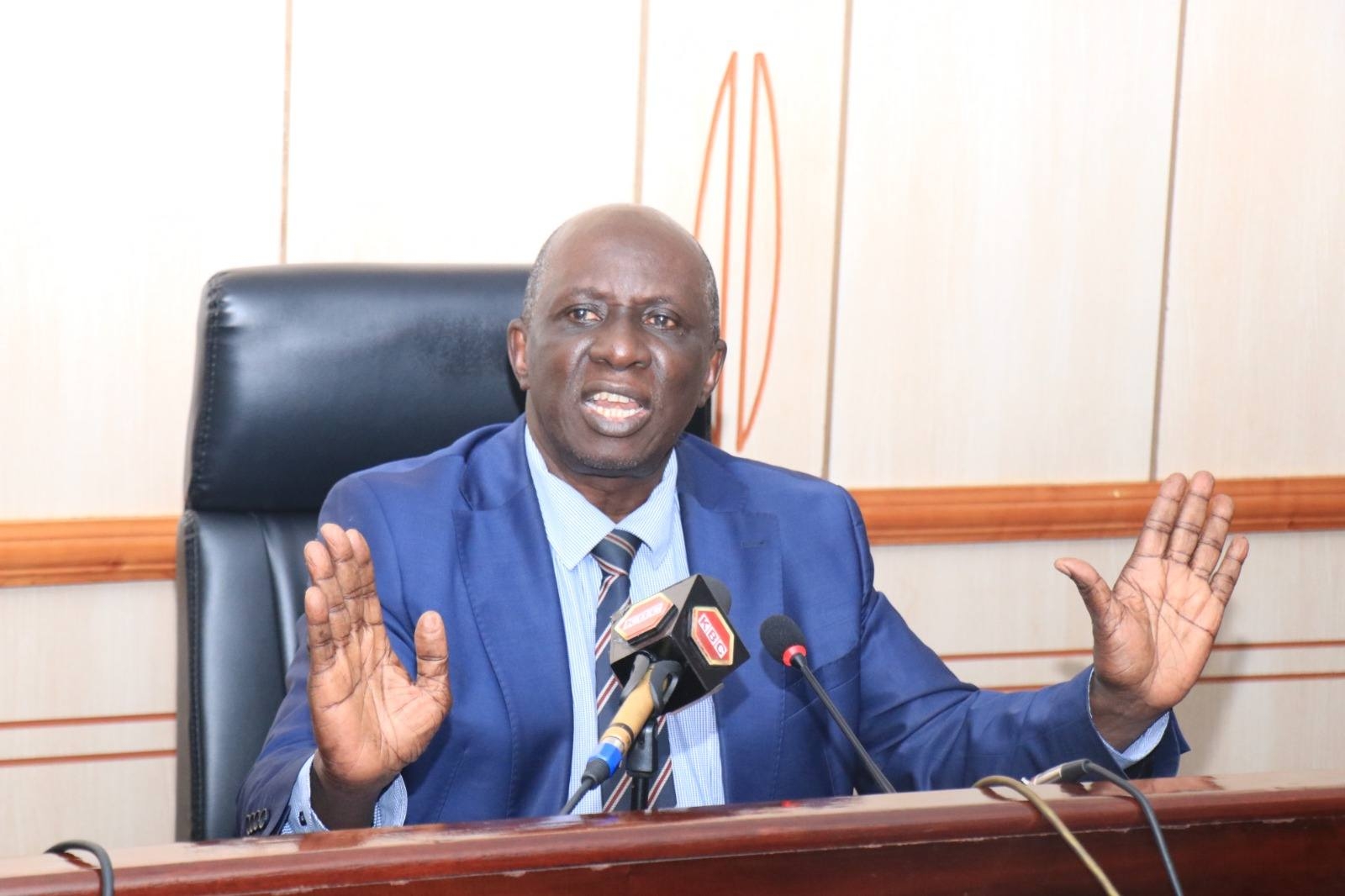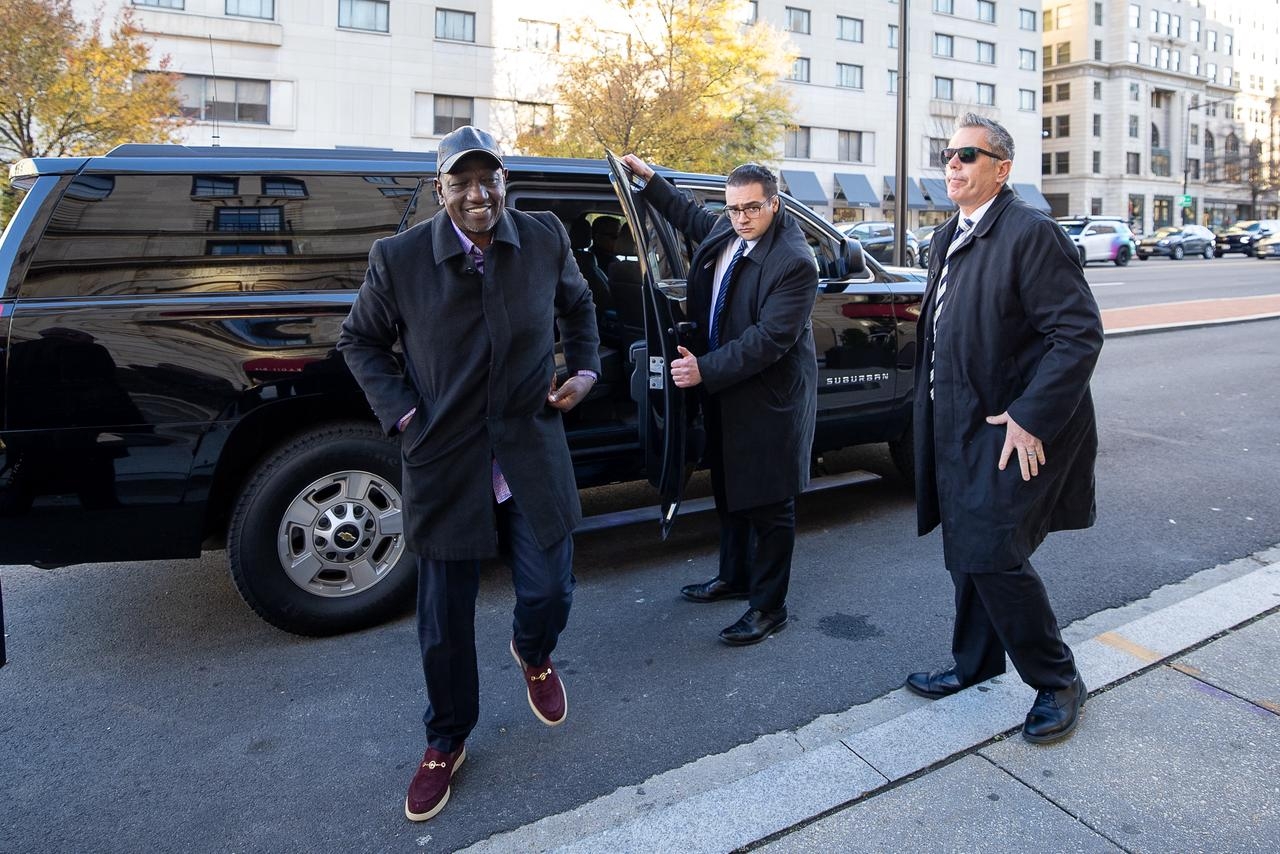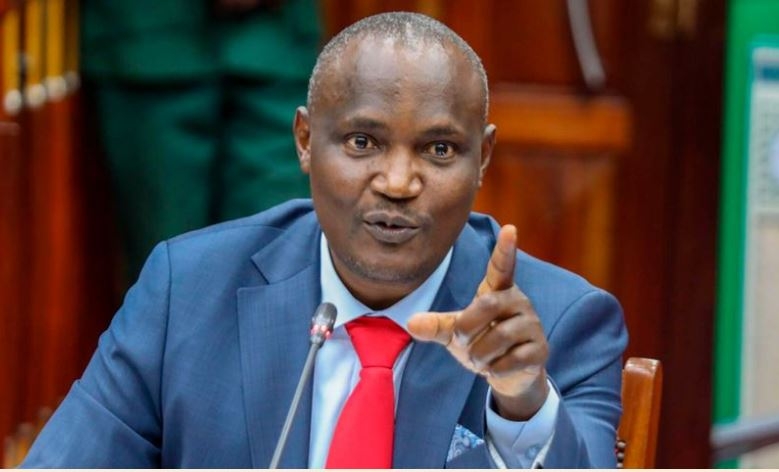The year 2023 will go down in the history of lesbians, gays, bisexuals, transgender, and queer (LGBTQ) members in Kenya as one that the Supreme Court gave them justice.
Though the ruling was a reprieve for LGBTQ members, an uproar ensued in the country as a section of Kenyans opposed to the verdict censured the apex court.
LGBTQ members moved to court after the Non-Governmental Organisations Coordination Board refused to register any of the six names proposed by the community's representatives.
After a decade-long battle in the corridor of justice, the Supreme Court made a landmark ruling allowing LGBTQ Members to form associations on February 24, 2023.
Supreme Court judges led by Deputy Chief Justice Justices Philomena Mwilu, Smokin Wanjala, and Njoki Ndung'u ruled in favor of the LGBTQ community while justices William Ouko and Mohammed Ibrahim gave dissenting opinions.
The minority side in their decision said the government cannot allow the registration of an organization whose mission was furthering illegality since homosexuality is illegal in Kenya.
The majority decision regretted that there had been a failure to register an association for LGBTQ+ people, saying the decision discriminated against the rights of the community.
In their judgment, they cited Section 27(4) of the Constitution.
"The State shall not discriminate directly or indirectly against any person on any ground, including race, sex, pregnancy, marital status, health status, ethnic or social origin, color, age, disability, religion, conscience, belief, culture, dress, language or birth."
"It would be unconstitutional to limit the right to associate through denial of registration of an association purely on the basis of the sexual orientation of the applicants," the court ruled.
How it begun
The case was lodged after the Non-Governmental Organisations Coordination Board refused to register any of the six names proposed by the LGBTQ representatives.
Among the names were the National Gay and Lesbian Human Rights Commission and the Gay (NGLHRC) and Lesbian Human Rights Council.
NGLHRC has been struggling to register the association since its foundation in 2012.
The NGO coordination board first rejected the group's initial request in March 2013.
Former Executive Director of NGLHRC, Eric Gitari challenged the decision by filing a petition citing Article 36 of the Constitution which protects every Kenyan's freedom to associate with others.
On April 24, 2015, the High Court ruled in favor of the LGBTQ+ community, giving them the go-ahead to form associations.
"As a society, once we recognize that persons who are gay, lesbian, bisexual, transgender or intersex are human beings; we must accord them the human rights which are guaranteed by the Constitution to all persons, by virtue of their being human, in order to protect their dignity as human as stated in Article 19(2) of the Constitution of Kenya," the High Court ruled then.
The Non- Non-Governmental Organisations Board however contested the decision at the appellate court.
The Board rejected the group's application on the basis that the country's Penal Code criminalizes gay and lesbian unions or relationships.
In defending its decision, the body had said that permitting such registration would contravene the law criminalizing gay and lesbian unions.
Clarifications on the Supreme Court ruling
Although same-sex marriages remain illegal in the court, people belonging to the community have a right to association.
Same-sex acts remain punishable by up to 14 years in prison.
The Apex court stated that all persons, whether heterosexual, lesbian, gay, intersex, or otherwise, will be subject to sanctions if they contravene existing laws including sections 162, 163, and 165 of the Penal Code.
Section 162 prohibits unnatural offenses which are defined as having carnal knowledge with any man, woman, or animal against the order of nature.
Section 163 defines a penalty of imprisonment for seven years for the offenses in the above section.
On its part, Section 165 states that;
"Any male person who, whether in public or private, commits any act of gross indecency with another male person, or procures another male person to commit any act of gross indecency with him, or attempts to procure the commission of any such act by any male person with himself or with another male person, whether in public or private, is guilty of a felony and is liable to imprisonment for five years."
Reactions
The 2023 ruling drew backlash from leaders among them President William Ruto.
"I am God fearing and although we respect the ruling made by the Supreme Court, we have our culture and traditions. We cannot do down that route," he said.
"It can happen elsewhere but not in Kenya."
The National Assembly also heavily opposed the ruling, with Homa Bay MP Peter Kaluma filing an application at the Supreme Court for a review of the decision.
It was however dismissed alongside his prayer for the court to review its decision on the definition of sex.
The court had ruled that 'sex' under Article 27(4) of the Constitution also referred to sexual orientation of any gender, whether heterosexual or a member of the Lesbians, Bisexuals, Gays, Transgender and Queer community.
Shortly after he was dealt the blow, Kaluma said that he would return to the Supreme Court until it reverses the definition of 'sex' under Article 27(4) to include 'sexual orientation'.
"Sex means and must only mean the biological state of being male or female as observed at birth," he said on September 12, 2023.
Kaluma has authored a punitive bill against LGBTQ+, the Family Protection Bill, 2023, which he plans to forge ahead with its enactment.
The bill proposes lengthy jail terms and even death sentences for those engaged in same-sex relations.
In September, Kaluma explained that the bill was enacted into law will, "enable representatives of the people in Parliament to forbid the push to introduce homosexuality in our country at once".
The MP also wrote to speaker Moses Wetangula proposing an amendment to the Constitution to repeal Article 259 (4) of the Constitution and to define "sex".
"This will seal constitutional gaps the courts are relying upon to introduce homosexuality in the country under the guise of judicial interpretation," he said.
If enacted, the bill could trigger fresh LGBTQ+ debate.














